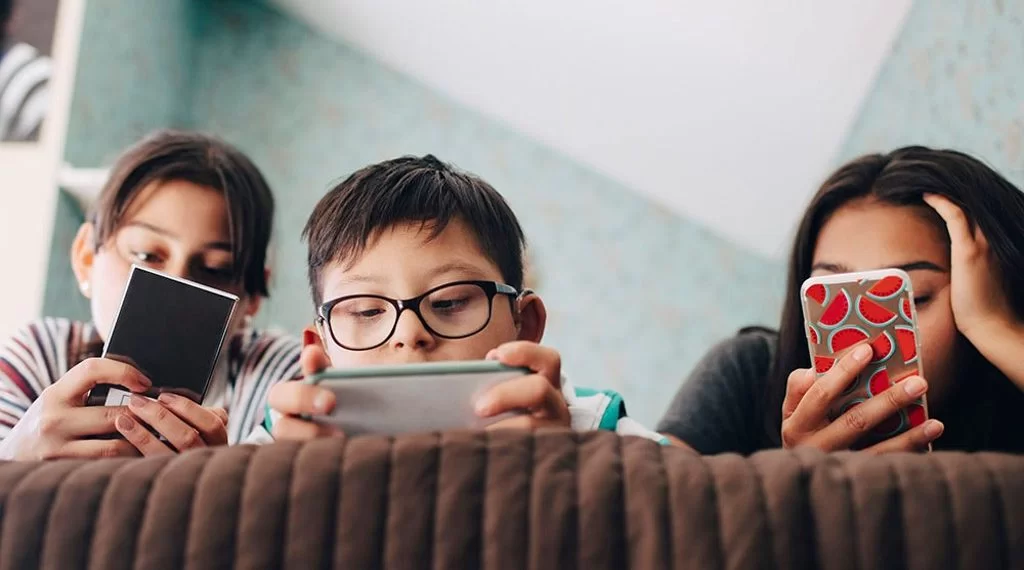The Detrimental Effects of Cell Phone Use on Children and Teenagers’ Mental Health:
The widespread use of cell phones has revolutionized the way we communicate, access information, and entertain ourselves. However, the growing dependency on cell phones, especially among children and teenagers, has raised concerns about its impact on their mental health. While these devices provide numerous benefits, excessive and unregulated cell phone use can have detrimental effects on the psychological well-being of young individuals. This article explores the negative consequences of cell phone use on children and teenagers’ mental health and highlights the importance of fostering a healthy relationship with technology. A study done by UK Millennium Cohort Study, showed strong correlation of depressive symptoms and the use of social media. The study reported 50% increase in depressive symptoms among girls and 35% among boys. Girls were more likely to have low self-esteem, to body weight dissatisfaction, and to be unhappy with their appearance. Girls and boys were also likely to report fewer hours of sleep and disrupted sleep and self-image unsatisfaction.
Social Isolation and Loneliness:
One of the primary concerns associated with excessive cell phone use among children and teenagers is the increased risk of social isolation and loneliness. Spending excessive time on digital platforms can lead to reduced face-to-face social interactions, impairing the development of crucial social skills. Frequent scrolling through social media feeds can also create a distorted perception of reality, leading to feelings of inadequacy and exclusion. Sleep Disturbances: Cell phones often disrupt sleep patterns, a critical aspect of mental well-being, especially among young individuals. The blue light emitted by screens interferes with the production of melatonin, a hormone responsible for regulating sleep cycles. Excessive cell phone use, particularly during nighttime, can delay sleep onset and diminish sleep quality, leading to fatigue, mood swings, and difficulties in concentrating.
Cyberbullying and Online Harassment:
Children and teenagers are vulnerable to cyberbullying and online harassment, which can have severe consequences on their mental health. The constant connectivity provided by cell phones exposes young individuals to potential online threats, such as cyberbullying, hate speech, and harassment. Victims of these digital aggressions often experience anxiety, depression, and a decreased sense of self-worth.
Anxiety and Depression:
Excessive cell phone use has been linked to increased levels of anxiety and depression among children and teenagers. Constant exposure to social media and online platforms can intensify feelings of peer pressure, comparison, and fear of missing out (FOMO). Additionally, cyberbullying incidents or exposure to disturbing content can trigger or exacerbate mental health conditions.
Decreased Academic Performance:
Cell phones can significantly impact academic performance by causing distractions and reducing productivity. The allure of constant notifications, messaging, and the temptation to browse social media can divert attention from studying and learning. Excessive cell phone use has been associated with decreased focus, diminished memory retention, and overall lower academic achievement.





